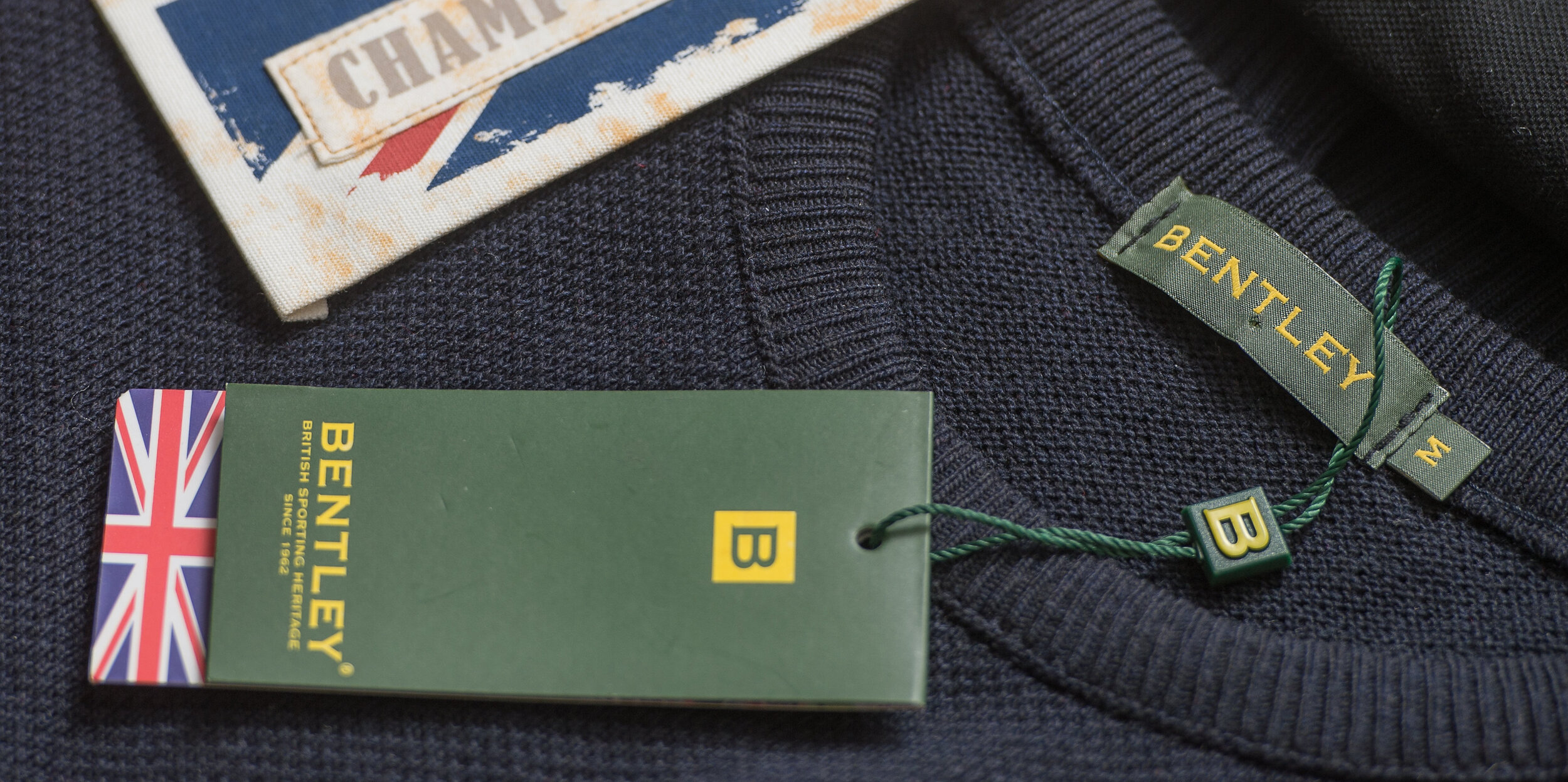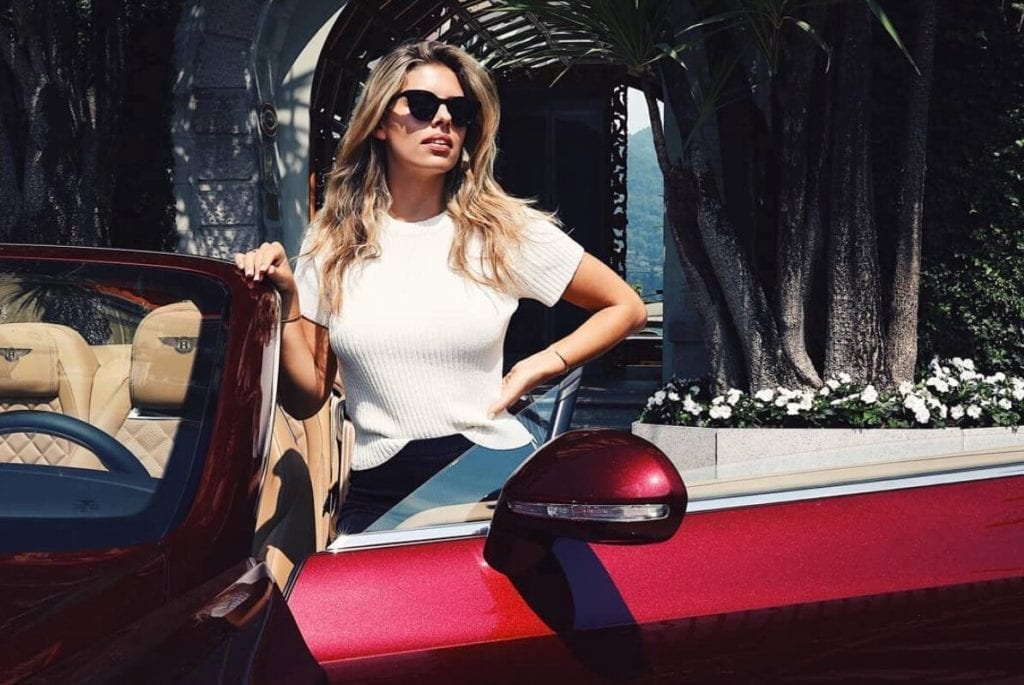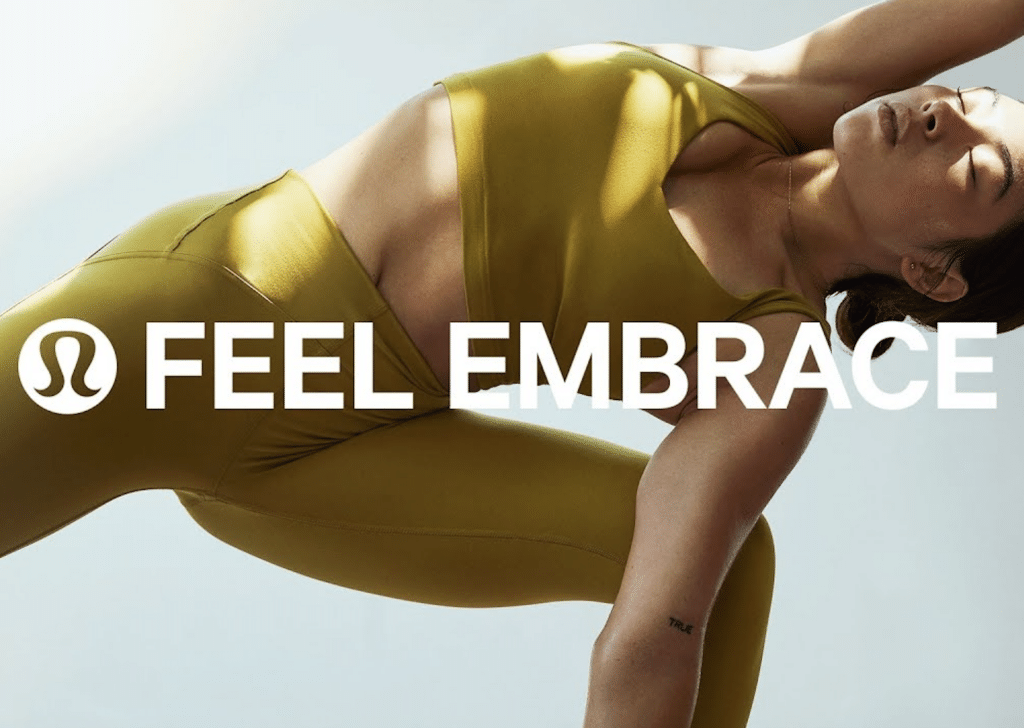A small, family-run company beat a nearly 100-year old luxury automaker in court this month, the latest development in a two-decade long “David and Goliath” fight over the “Bentley” name. In a highly-anticipated November 1 decision, Judge Hacon of the English High Court of Justice held that by making garments and accessories bearing the Bentley name, Bentley Motors is running afoul of the rights held by Bentley Clothing, a small apparel company that has used the Bentley name in the United Kingdom for over 30 years.
Following a lengthy back-and-forth between Bentley Motors and Brandlogic – the tiny Manchester-based corporate entity for Bentley Clothing, Brandlogic escalated the parties’ longstanding legal battle by filing suit in before an English court. At the heart of the fight: Bentley Motors’ unauthorized use of the “Bentley” name on its own line of clothing beginning the late 1980s, some 20 years after Bentley Clothing began operations.
Filing suit against Bentley Motors in late 2018, Brandlogic argued that by creating, marketing, and selling its own line of apparel, Bentley Motors is running afoul of its registered trademark, which gives Brandlogic exclusive rights to use the “Bentley” name in connection with clothing and accessories, and “retail and wholesale services” of those products.
Things began to spiral in 1998, the year that Volkswagen acquired Bentley. According to Brandlogic, shortly after the acquisition, Bentley Clothing co-owner Chris Lees formally offered VW CEO Ferdinand Piëch the opportunity to avoid trademark troubles by licensing the “Bentley” mark to Bentley Motors for use on garments and accessories. Instead of hatching a deal, the famed automotive company responded by attempting to have Brandlogic’s registered “Bentley” trademark cancelled, leading to unsuccessful proceedings before the UK and EU Intellectual Property Offices.
Filing suit late last year on trademark infringement grounds, Lees said in a statement that Bentley Motors had damaged his company’s business, and “now, sadly, they may damage their own [if the court grants] an injunction precluding them from maintaining a potentially lucrative business line: clothing.”
In the immediate wake of the filing of Brandlogic’s suit, a rep for Bentley said that the company was “disappointed to have reached this stage,” but vowed to defend its right to sell clothing bearing its brand name. The automaker echoed this assertion in its formal response to Brandlogic’s lawsuit, arguing that the company has not run afoul of the law for a number of reasons, including that its “use of its name for clothing was an entirely natural business spin-off for the owner of a luxury brand like Bentley,” and thus, amounts to honest use.
More than that, Bentley Motors claimed that its sale of “clothing and headgear over many years has not led to any confusion” with Bentley Clothing, and that since it began selling clothing, its offerings “have remained fundamentally the same without any undue expansion towards the business of Bentley Clothing.”
Unpersuaded by Bentley Motors’ arguments, Judge Hacon stated in a 29-page decision – which is being categorized as a stunning win for Brandlogic and marked loss for Bentley Motors that could have sweeping consequences – since Bentley Motors first began selling clothing “in about 1987,” it has engaged in a pattern of “steadily encroaching on Bentley Clothing’s goodwill.” This is particularly true, according to the court, because if the maker of $200,000-plus cars had “conducted a trade mark search and been properly advised” when it first began selling those products, “it would have been told that ‘Bentley’ could not be used for knitted clothing, shirts and waistcoats” given the existence of Brandlogic and its rights in the “Bentley” mark.

Pointing to evidence dating back to at least 2000, Judge Hacon asserted in his decision that Bentley Motors made “a conscious decision to develop the use of ‘Bentley’ in relation to their range of clothing and headgear such as to increase the prominence of that sign, but only in incremental stages in the hope that no one stage would provoke a reaction from Bentley Clothing.” According to the judge, “This did not constitute honest concurrent use,” and instead, represents “a steady encroachment on Bentley Clothing’s goodwill.”
As such, Bentley Motors is likely to be prevented from making and selling any apparel or accessories, such as hats, that make use of the “Bentley” name on its own. That assumes, of course, that Bentley Motors does not appeal, and that might not be the case. In a statement late last week, Bentley Motors said it is “extremely disappointed” by the decision, and revealed that it is, in fact, considering an appeal.
In the meantime, Fox Williams’ Simon Bennett, who represented Brandlogic, said on Friday that the “case shows the power of trademarks to protect the rights of even the smallest of companies against large multinationals.”
The latest development in the case comes as high end car manufacturers continue to turn their attention to apparel and accessories to supplement their main revenue streams and cater to their customers between car purchases.
As the New York Times wrote in 2015, “Several luxury automakers, including Bentley, have been expanding the lines of goods they sell that have little to do with cars. [In February 2015], Bentley announced its fifth men’s fragrance in the last two years.” Similarly, Ferrari – one of the first bona fide modern luxury brands – “stamps its prancing horse logo on Tod’s loafers, Oakley sunglasses,” and other products in furtherance of deals that see third party manufacturers manufacture and market products with the Ferrari name and logo on them.
Maranello, Italy-based Ferrari, for one, was bringing in a reported $2.6 billion in annual sales as recently as 2015 from licensed merchandise, alone, ranking in the number 23 position on the list of top global licensers of all companies – not just car manufacturers.











